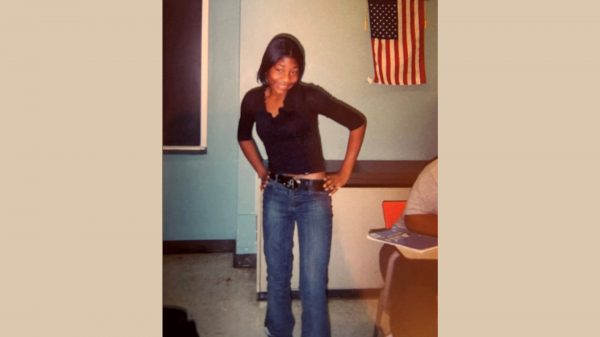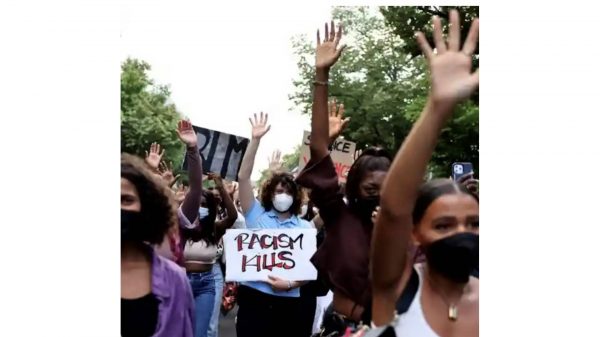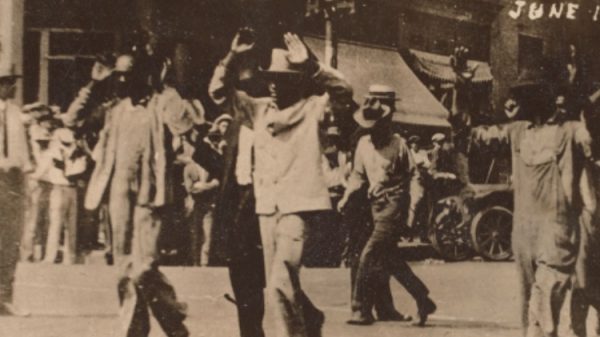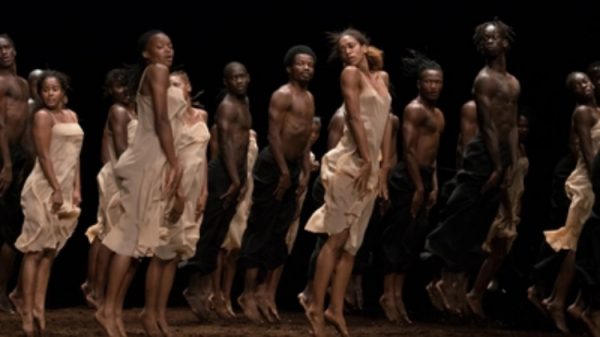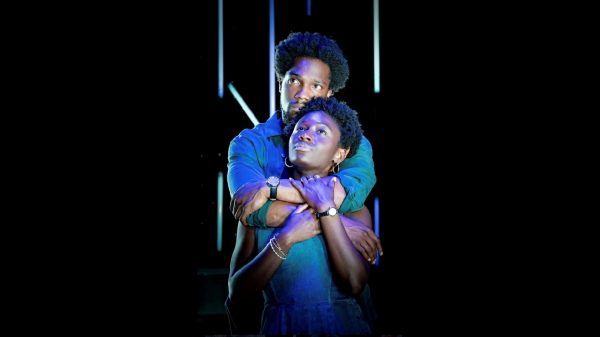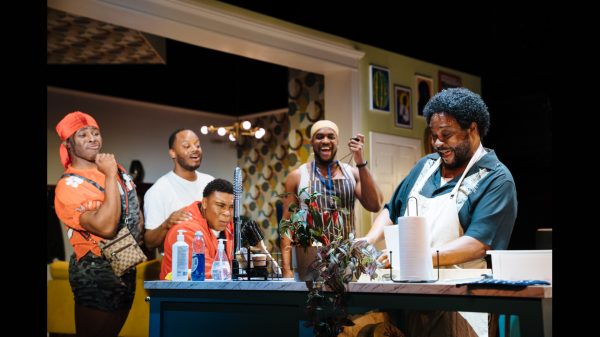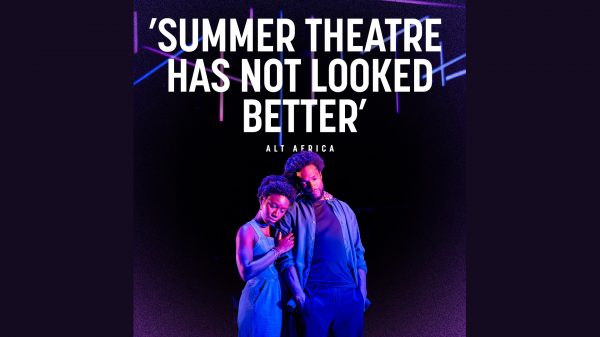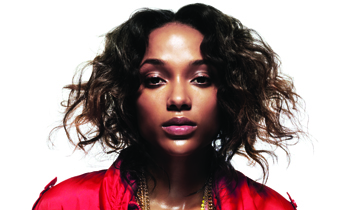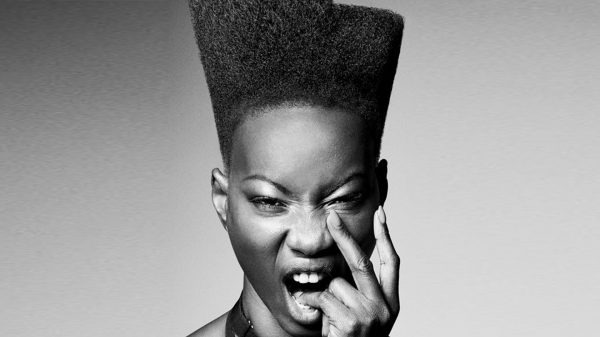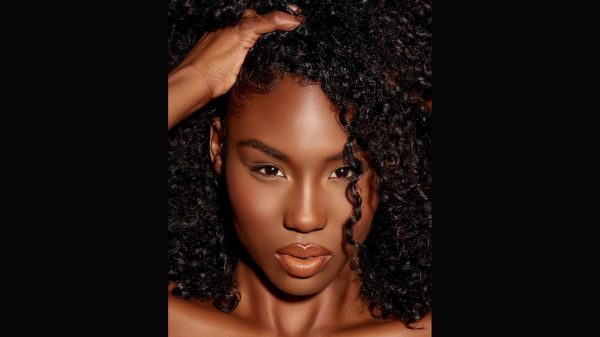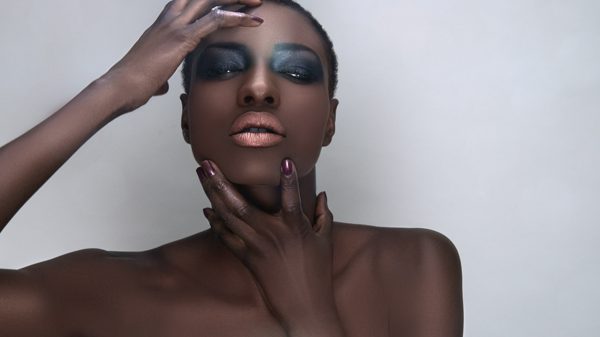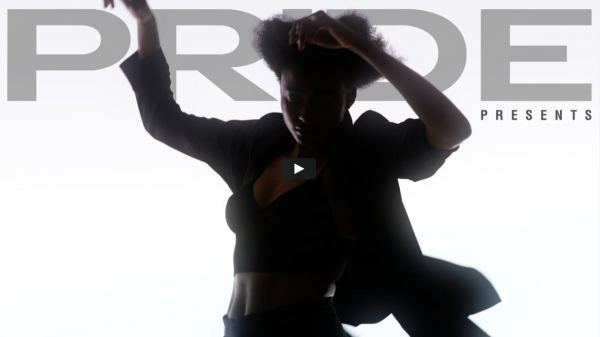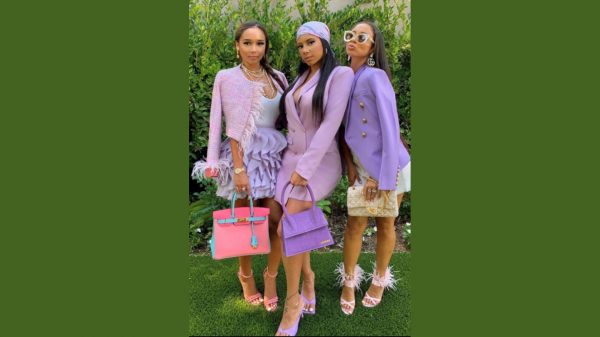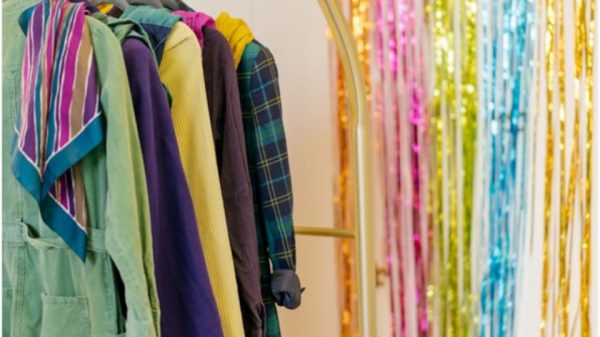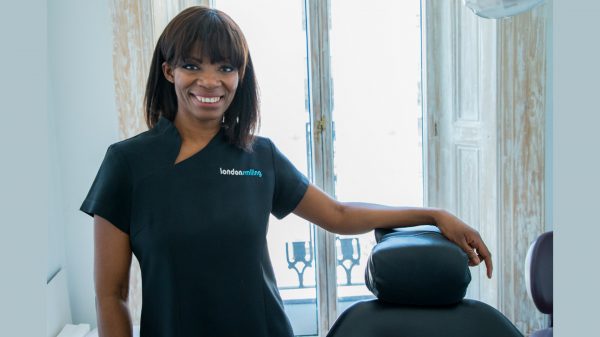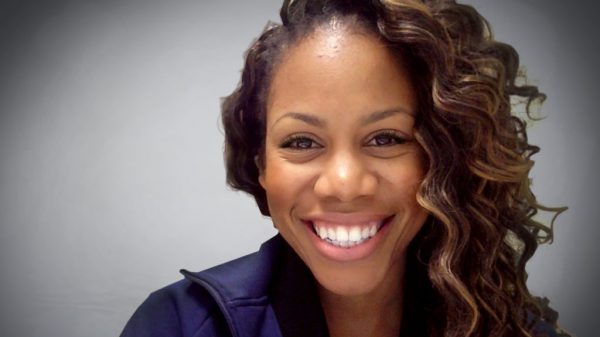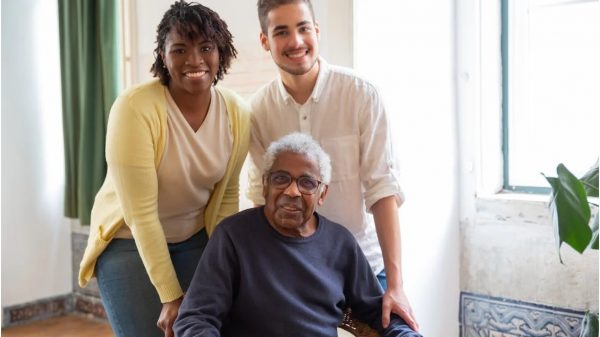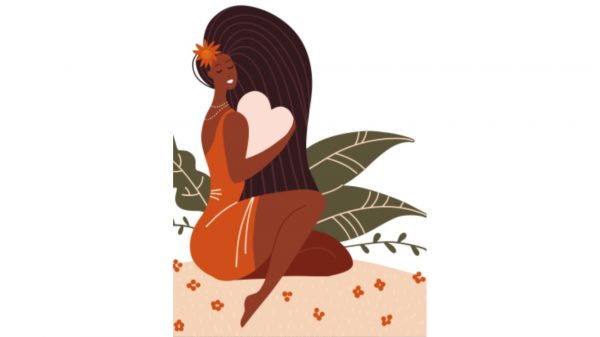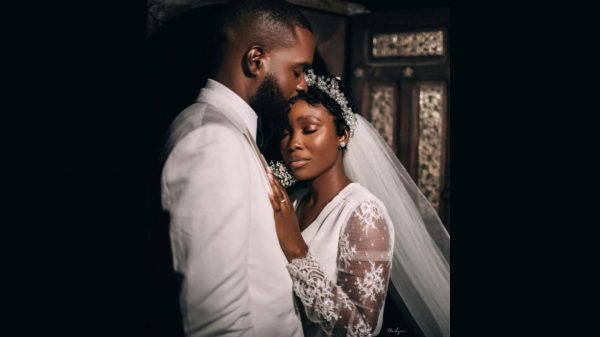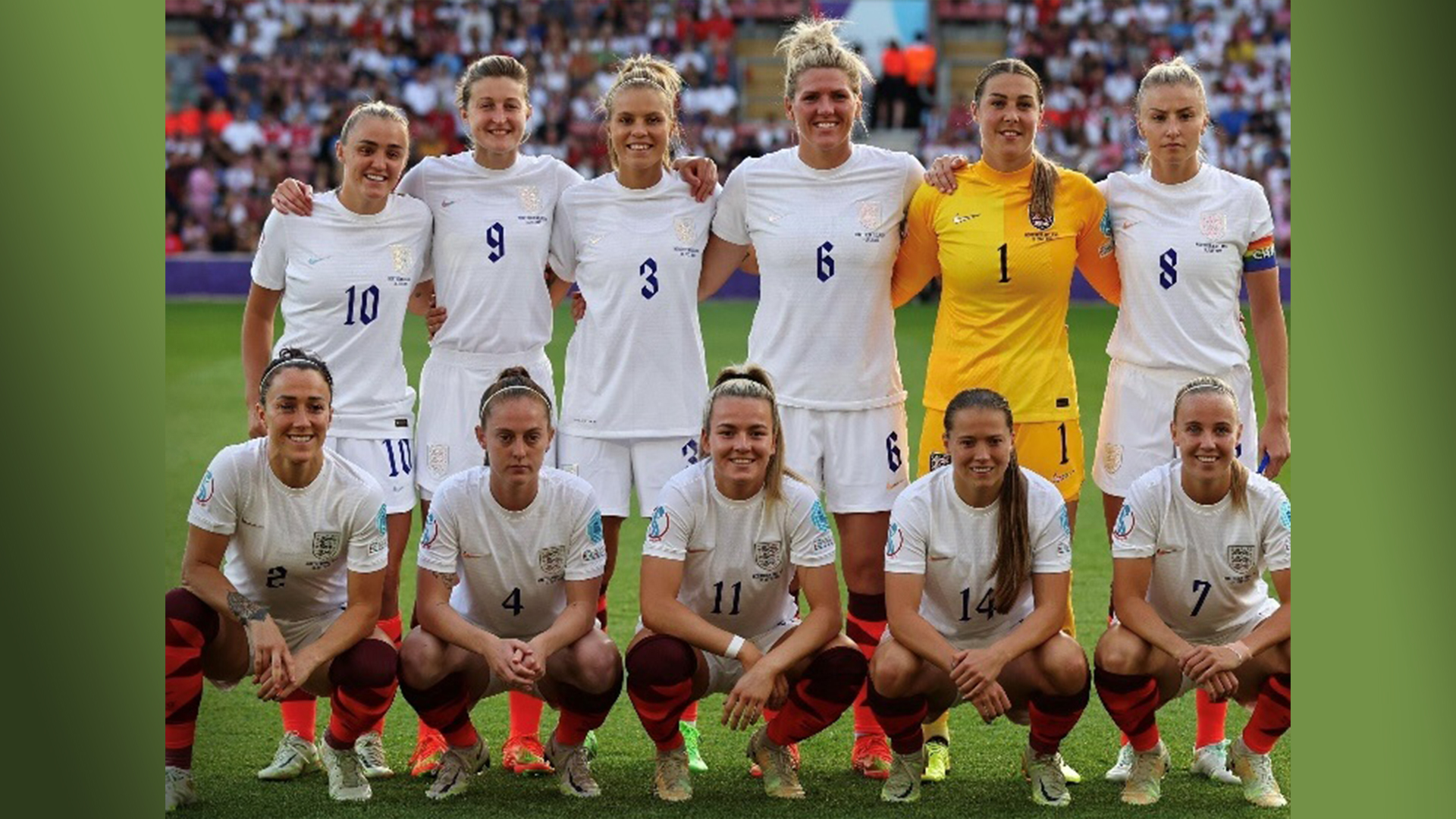The women’s National football team has been praised for their football on the pitch this summer but as you look at the blonde ponytails bobbing up and down, something dawns on you quite quickly. This is a our National football team, and there is not a black face to be seen.
There has been heated discussion over the squad’s race.
Some pundits criticised the BBC for emphasising it in their commentary and taking away from the players’ accomplishments.
The French women’s squad, in comparison, features 15 players who are black or members of a minority groups.
11 of the 26 players chosen for the men’s England team’s Euro 2020 squad last year came from black or other minorities.
49 percent of the 67 international men’s players during the 2010–20 decade were black, compared to 14 out of 72 players for the women’s squad, or 19 percent.
In 2017 the Football Association had to apologise to the player Eniola Aluko, who claimed that racist remarks were made to her by Mark Sampson, the former manager.
But there may be numerous — and nuanced — reasons why we have ended up with a sea of blonde ponytails on the pitch. Girls’ football has been underfunded for decades: at best culturally dismissed, at worst banned and discouraged.
It is argued that this affects girls of all backgrounds but particularly those who are discriminated against or disadvantaged, which can disproportionately include black girls.
Anita Asante, a former England footballer of Ghanaian heritage, age 37, thinks that restrictions based on culture matter.
It always boils down to dismantling conventions, she claims.
“I believe that women in particular are encouraged to go in the family way in Black, Asian, and Minority communities.
Sport is still viewed as a male-only activity compared to certain other occupations in society.
Some residents in those communities perceive it as a distraction.
However many also see a lack of support and interest at club and international level in young black female players.
As a young black international who wished to remain unnamed pointed out. ‘We are just 40 years behind the men. Watching women’s football is just like watching Mens’ back in the 1980s. Black players were not encouraged or supported. We have a long way to catch up with the men. But at least now they know we are all watching.’



